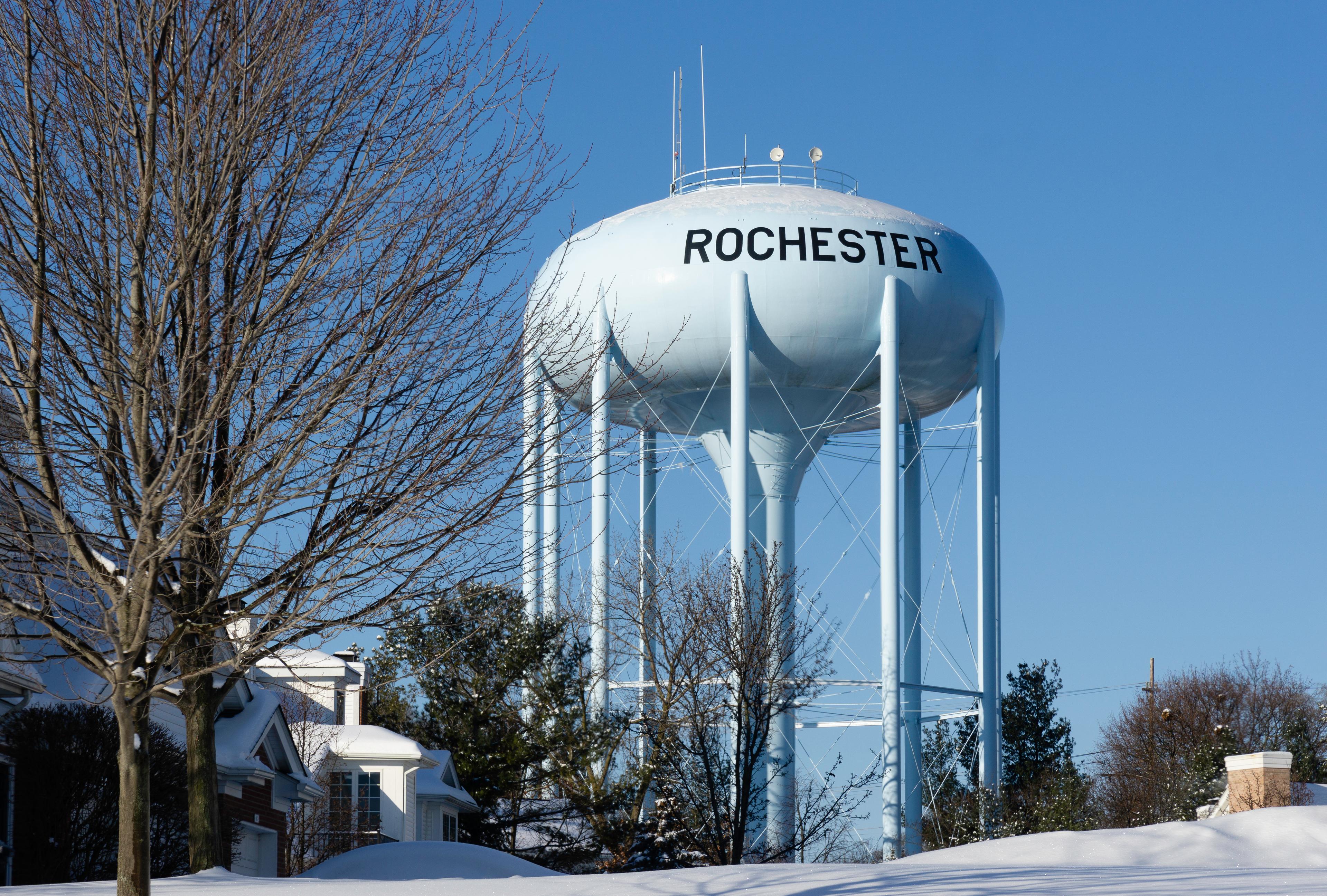How to Celebrate Native American Heritage Month in Michigan
Jake Newby
| 3 min read

Since 1990, November has been recognized as Native American Heritage Month. We should acknowledge and celebrate the important contributions Indigenous people have made to the United States year-round, while shining a special spotlight on Native American culture, tradition and history each November.
Did you know that the word “Michigan” itself has Native American roots? It is the French form of the Ojibwa word “mishigamaa,” which translates to “large water” or “large lake.” Michigan’s Native American ties run deep and now is the perfect time to explore them. Here’s how you can celebrate Native American Heritage Month – also known as American Indian and Alaska Native Heritage Month – in Michigan.
Cultural sites to visit
Andrew J. Blackbird Museum (Harbor Springs):
The son of an Ottawa chief, Andrew Blackbird became a tribal leader in the 1850s, working to help Native American veterans receive pensions, while settling land claims and working to achieve citizenship for Native Americans. His restored house in his hometown of Harbor Springs is now filled with Native American artifacts.
Dennos Museum Center (Traverse City):
More than half of the artwork displayed at the Dennos Museum Center was created by the indigenous people of the Great Lakes, Alaska, the Canadian Arctic and other North American regions. According to the Pure Michigan website, the museum houses one of the largest and most comprehensive collections of Inuit art in the country.
Ziibiwing Center of Anishinaabek Culture and Lifeways (Mount Pleasant):
The Saginaw Chippewa Indian Tribe and other Great Lakes Anishinaabek people are featured prominently at the Ziibiwing Center, the home to 15 exhibit areas that illustrate the joy and tension of cultural encounters between Native Americans and Europeans in the Great Lakes region. There is a life-size teaching lodge, finely crafted baskets, pottery, tools and beadwork and a large collection of books, media, art and jewelry for sale in the center’s gift shop. The research center helps individuals trace their own Native American family roots, as well.
Native American owned businesses to support
These two Native American art galleries, in downtown Milford and downtown Rochester, respectively, sell sterling silver, copper and bone jewelry as well as home furnishings, knick-knacks, clothes, books, instruments and more.
Located on the first-floor level of the North American Indian Association, Naïve Hands Gallery’s massive retail inventory includes Pow-wow craft supplies, fine Native American jewelry, Native print material, beads and beadwork pieces, Native pride hats, greeting cards and much more. Many products are locally made.
Native Kichwa Arts, or “NTVES,” is a Native-founded and operated clothing and apparel store that sells authentic handmade coats, jackets, ponchos, blankets, bags and jewelry.
Vibes with the Tribes is the first Native American music festival in the state of Michigan. With the structure of a traditional pow wow and additional festival atmosphere, live musical performances by indigenous performers from all over the country. One of the business’ goals is to provide an outlet for young Native American performers, cultural practitioners and artists. They hold events in Metro Detroit throughout the year.
Native Michigan tribes to learn more about:
The three largest Native American tribes in Michigan are:
There are 12 federally acknowledged Indian tribes that enjoy a special status under federal law and treaties in Michigan. Click here to view a full list of Michigan tribal governments.
Photo credit: Getty Images





